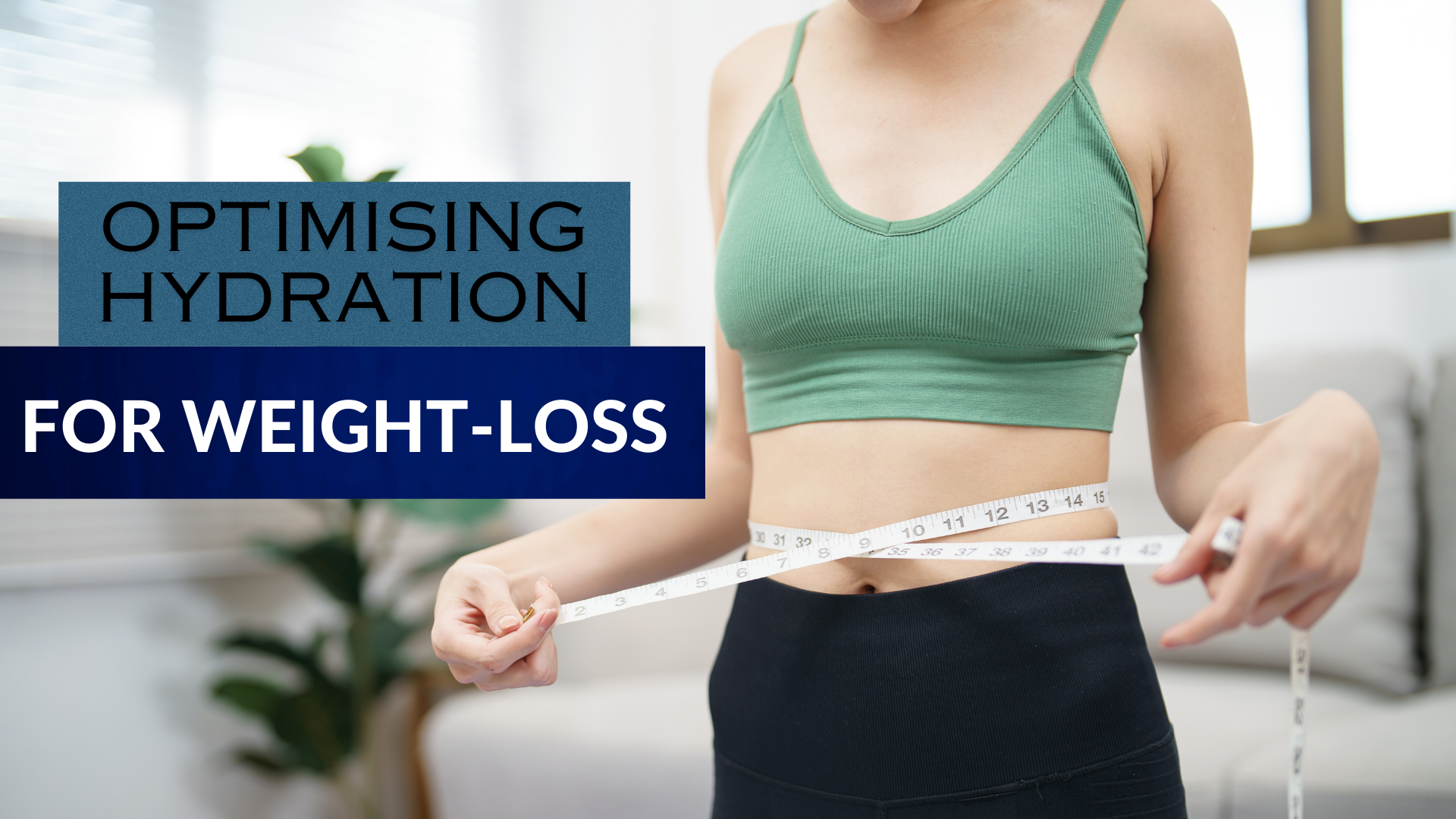
In the pursuit of a healthier lifestyle and effective weight loss, one often seeks a multitude of strategies and solutions. Amidst the myriad of advice, there’s a simple, accessible, and often underestimated ally—water. Water consists of about 75% of our body, is one of the first facts we learn about. Everyone is aware of water, its immense benefits and its necessity to run the machinery of the human body. But do you know? That water can actually help you lose the unnecessary fat in the body. Now, we are not saying that if you drink eight glasses of water one day you will be light as a feather the next no, of course not. When losing weight a number of factors contribute towards your goal. Let’s consider an analogy shall we? Imagine a football field where the goal is weight loss, you are the ball, the football players are named as diet plan, exercise, consistency and water while playing a game against the other team they work together in harmony to move you to score the goal.
Benefits
Appetite Control
Water is a natural elixir. It has come forward after many studies that water actually helps in controlling your appetite. As thirst is stimulated by the same part of the brain as hunger therefore incase of mild dehydration your brain preserves it as hunger. If you drink a glass of water before having your meals it can help you suppress hunger and possibly stop you from overeating.
‘It has been shown by studies that by drinking water in the morning the calories consumed can decrease.’
Calorie-free Hydration
Water has zero calories. It is a prime hydration drink. As you know that other beverages have added sugar and therefore hinder your weight-loss journey. Consuming water your daily calorie intake can decrease significantly. Making water your primary beverage reduces the risk of unintentional calorie consumption, fostering a more mindful and intentional approach to hydration. Instead of consuming artificial sweeteners in your diet one can incorporate water in their daily routine and add natural flavours like cucumbers, citrus fruits or mint.

Boosts the Metabolism
Many of the metabolic functions occurring in our body need water. Therefore, water helps in effectively converting food into energy. This helps us in burning the potential calories. To say it in scientific terms, water actually helps increase the rate of lipolysis i.e. the breakdown of fats and lipids into fatty acids. This helps in the long term aspect of weight loss.
Enhances Performance of Exercise
Water plays a key role in keeping you hydrated during your workout sessions. Proper fluid balance supports endurance during workouts, promoting more effective calorie burning. Hydration has a significant role in optimal physical performance. Staying hydrated can help in maintaining the blood volume. As water can dissolve electrolytes, the electrical energy of these electrolytes can help trigger the muscle to contract.
Removes Toxins
Water helps in removing the wastes from the body. Consuming water helps in removing bacteria from the urinary tract, keeping the kidney healthy and it also reduces risks related to kidney stones. Adequate water intake flushes toxins from the body, supporting the liver and kidneys in their role of breaking down and eliminating waste.

Strategies for Increasing Water Intake
- Make a schedule or set a timer to meet your desired water count. Now how much water should one drink? According to studies it is said to drink at least 3.7 litres of water for men and about 2.7 litres for women.
- Add Natural flavouring to trick yourself to consume water.
- Keep a water bottle with you at all times.
- Replace sugary beverages with water.
- Keep an eye on the colour of your urine to check your hydration status.
Lastly, you should remember that weight-loss is a process that requires consistency and results don’t appear overnight. The takeaway of this article is to embrace the refreshing power of water not just as a life source, but as a key player in the intricate dance of weight loss.

